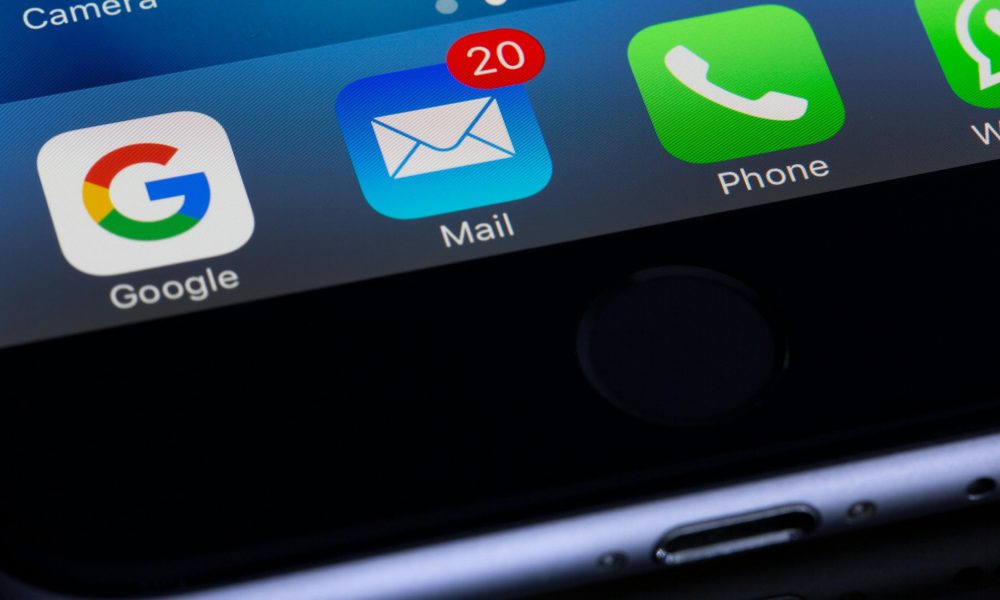Once upon a time in a bustling office, there was an employee named Jamie who wanted to impress their boss with their email communication. Through trial and error, Jamie discovered the secrets to writing clear, concise, and professional emails that their boss appreciated.
- Use a Clear Subject Line
Jamie always made sure the subject line was specific and relevant, helping their boss understand the purpose of the email at a glance.
- Keep It Concise
Knowing that busy professionals value brevity, Jamie kept their emails brief and focused, getting to the point quickly and avoiding unnecessary details.
- Use a Professional Tone
Jamie maintained a professional tone, avoiding slang, emojis, and overly casual language. This politeness and formality showed respect for their boss.
- Start with a Greeting
Each email began with a polite greeting like “Dear [Boss’s Name]” or “Hello [Boss’s Name],” setting a respectful tone for the message.
- Be Clear and Specific
Jamie clearly stated the purpose of the email and what was needed from the boss. Bullet points or numbered lists were used for clarity if the email contained multiple points or requests.
- Proofread Before Sending
Before hitting send, Jamie always proofread their emails for spelling and grammar errors, knowing that mistakes could make them appear careless and unprofessional. Check out this guide by Grammarly for proofreading tips.
- Include a Call to Action
If action was required, Jamie was clear about what was needed and by when. Phrases like “Please review and provide feedback by [date]” were helpful.
- Use a Professional Sign-Off
Jamie ended each email with a professional sign-off such as “Best regards,” “Sincerely,” or “Thank you,” and included their full name and contact information.
- Attach Relevant Documents
If the email referenced documents, Jamie ensured they were attached, mentioning the attachment in the email and making sure it was correctly named and formatted.
- Follow Up if Necessary
If Jamie didn’t receive a response within a reasonable time, they sent a polite follow-up email, showing they were proactive and ensuring important matters were addressed.
Conclusion
By following these rules, Jamie improved their email communication and made a positive impression on their boss. Using clear subject lines, keeping emails concise, maintaining a professional tone, and proofreading before sending were key to Jamie’s success.
Ready to enhance your email writing skills? Visit Wave News NG for more tips and resources on professional communication and career development.

